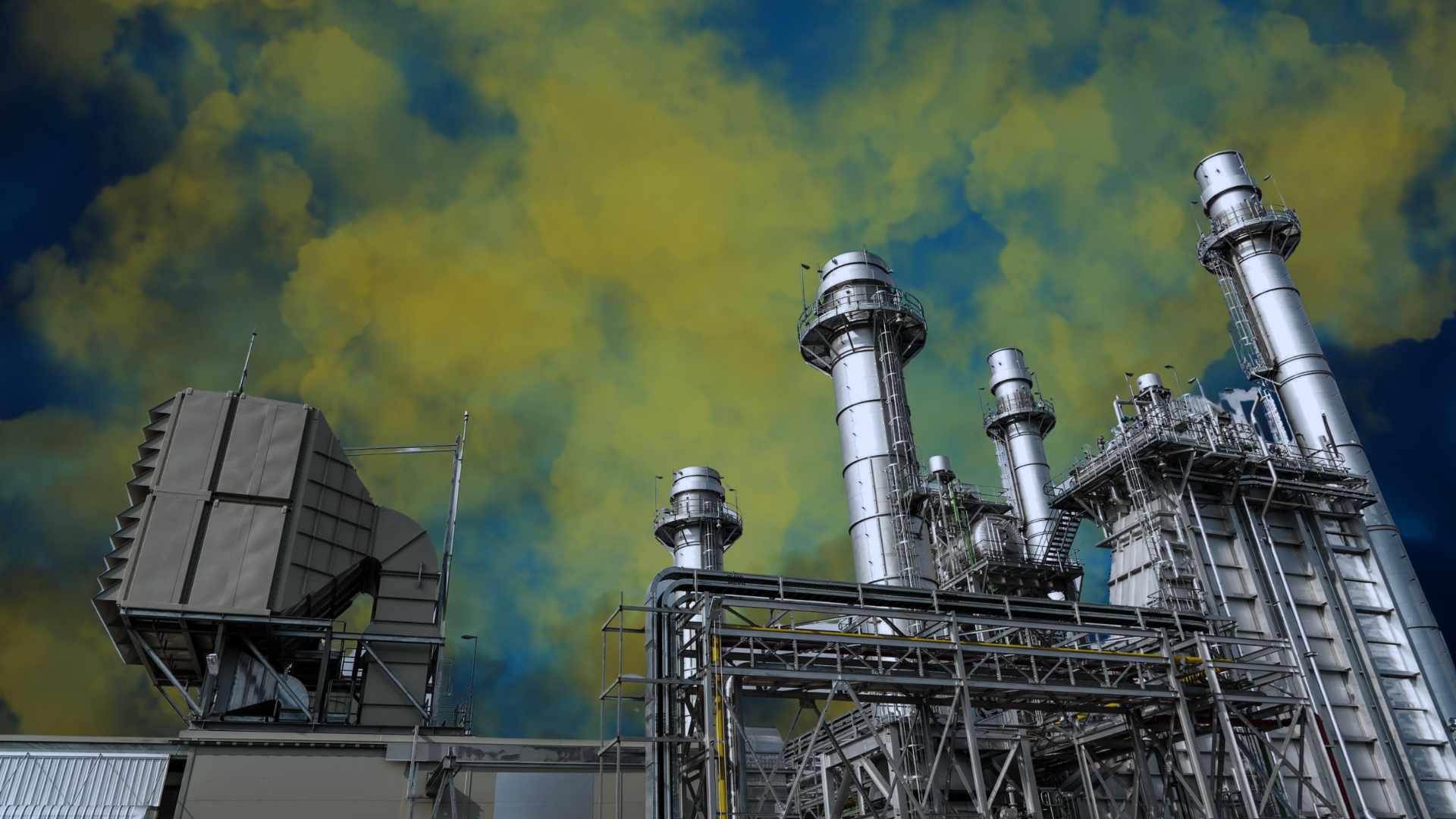
Wall Street’s gas addiction fuels the AI boom, derails climate progress
82 million tons of emissions linked to private equity-backed gas power plants worldwide
November 13, 2025
A new analysis from the Private Equity Climate Risks (PECR) research consortium, “Mapping Private Equity’s Gas Fleet: Climate Footprint, Health Impacts, and AI-Driven Demand,” reveals that the world’s largest private equity firms collectively own or finance nearly 60 gigawatts of gas-fired power capacity—producing an estimated 82 million metric tons of greenhouse gas emissions each year, roughly equivalent to the annual electricity use of 17 million U.S. homes. As nations gather for COP30 to stress the urgent role of private finance in funding a clean energy future, private equity’s growing gas empire shows how Wall Street capital is instead steering billions toward fossil expansion, undermining climate goals and prolonging pollution.
The findings expose the scale of private equity’s large investment in the global gas power sector. The analysis spans 27 countries, linking 35 portfolio companies to 147 gas plants worldwide. If this private equity-backed fleet were its own country, it would rank as the seventh-largest gas power producer on Earth. These facilities carry a significant and largely hidden public toll; a typical mid-sized gas plant in the dataset could generate $21 million – $28 million in estimated annual health damages from air pollution alone.
“Gas plants owned by private equity are substantial contributors to climate change and public-health costs,” said Alex Hurley, Project Manager at Global Energy Monitor. “Understanding who finances these plants is a critical step toward accountability.”
The report also finds that private equity’s gas assets are increasingly intertwined with the rapid expansion of artificial intelligence and data centers. As demand for electricity surges, private equity firms are not only financing the data infrastructure that powers AI, but they are also buying the power plants that keep it running. Since 2022, private equity firms have invested nearly $200 billion in data center companies, driving the majority of global mergers and acquisitions in the sector. At the same time, firms are acquiring utilities and fossil-fuel power generators to secure energy supply for the digital economy.
BlackRock and Blackstone illustrate how this convergence between fossil fuel power and digital infrastructure is accelerating. BlackRock’s Global Infrastructure Partners recently won approval for its $6.2 billion acquisition of Minnesota-based energy utility ALLETE and is now pursuing a $38 billion takeover of AES Corp.—the largest utility acquisition in U.S. history. Blackstone has announced an $11 billion deal to acquire New Mexico’s largest utility, TXNM Energy, further consolidating private equity control over both the data and energy systems that underpin modern life.
“Private equity is accelerating fossil fuel buildouts to power the AI boom, and the public is paying the price,” said Amanda Mendoza, Senior Climate and Energy Researcher at the Private Equity Stakeholder Project. “These firms are keeping gas plants online and taking over utilities to secure energy for data centers, locking in pollution and higher bills while delaying the shift away from fossil fuels.”
Private equity’s reach is especially concentrated in smaller and developing economies. In Togo and Panama, more than half of national gas-fired capacity is owned or financed by private equity firms; in Jamaica and the Philippines, the figure is roughly one-third. In the United Kingdom, more than one-fifth of gas plants in development already have private equity ties.
“The growth of private equity-owned gas power plants cuts into hopes of progress on renewable energy,” said Hibba Meraay, Research Analyst at Americans for Financial Reform Education Fund. “By backing these gas power plants, private equity contributes to global warming while placing an uneven burden of health risks and increased emissions on the global south where many of the plants are located.”
The report, developed through the PECR collaboration between Global Energy Monitor, the Private Equity Stakeholder Project, and Americans for Financial Reform Education Fund, combines financial data with facility-level emissions tracking to provide one of the clearest pictures to date of private equity’s fossil fuel footprint.
Full briefing available at peclimaterisks.org/private-
